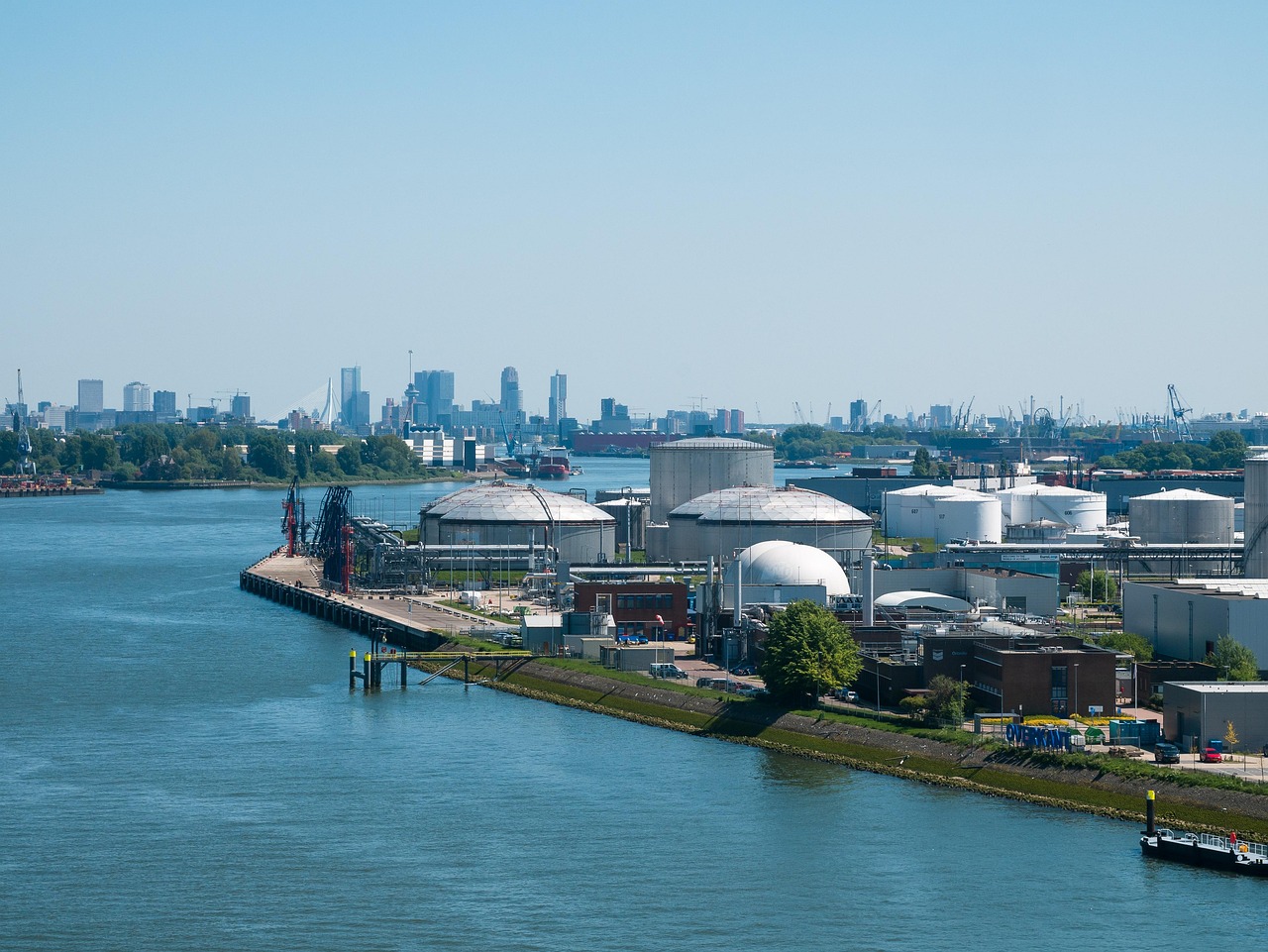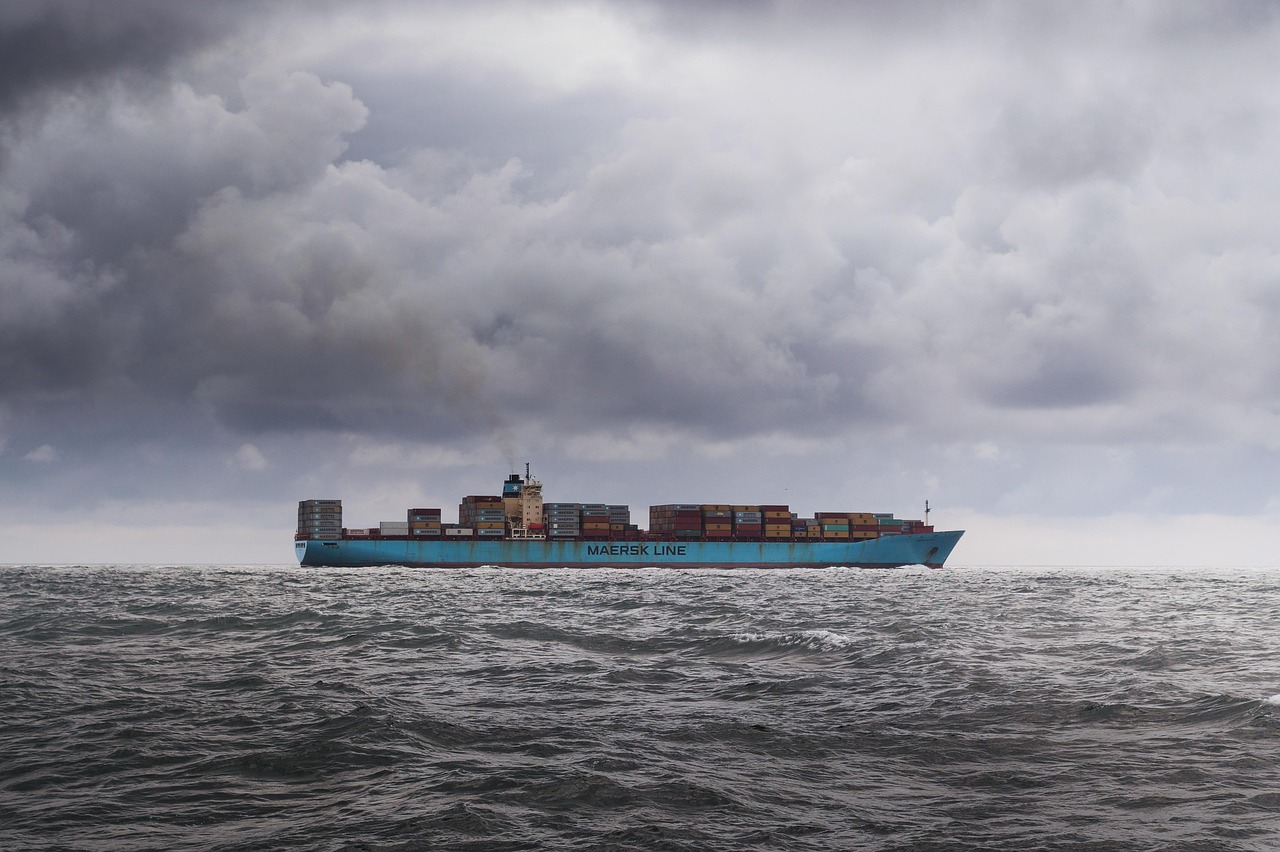
E – commerce logistics sustainability
In the world of e-commerce, logistics is the backbone that supports the entire operation. Efficient logistics management ensures timely deliveries, satisfied customers, and ultimately, the success of your business.
A pivotal player in this field is Spring GDS, a subsidiary of PostNL, which provides specialized solutions for cross-border e-commerce. With a global reach and a commitment to sustainability, Spring GDS stands out as a leader in the logistics sector, seamlessly connecting online retailers with international markets. Spring GDS leverages the extensive network of its parent company, PostNL, recognized among the top ten postal companies globally and noted for its sustainability efforts (Universal Postal Union, 2023).
This affiliation enables Spring GDS to offer unparalleled logistical solutions to e-commerce businesses worldwide. By collaborating with over 230 logistics partners and operating 18 centers across three continents, Spring GDS ensures that local expertise is at the forefront of its global operations, making it possible for retailers to meet diverse regional requirements efficiently.
To cater to the dynamic needs of online sellers, Spring GDS offers a variety of tailored services. These include options like tracked deliveries, signature services, and a user-friendly returns portal—all designed to enhance the e-commerce experience. Moreover, they facilitate customs clearance within 24 hours, streamlining the cross-border shipping process.
The company also introduces innovative solutions like parcel delivery to post offices or pick-up lockers, adding flexibility and convenience for both sellers and buyers. One of Spring GDS’s standout commitments is to greener logistics.
The company is actively working towards achieving net-zero emissions by 2040, aligning its operations with the Paris Climate Agreement’s goals (EcoVadis, 2023), particularly in e-commerce logistics in the context of global operations in the context of cross-border e-commerce, especially regarding e-commerce logistics. This involves replacing single-use materials with circular alternatives and investing in emission reduction strategies. This dedication to sustainability not only contributes to environmental preservation but also positions Spring GDS as a responsible and forward-thinking logistics provider.
The technological backbone of Spring GDS’s services is its XBS (Cross Border Shipping) platform. This IT solution simplifies international shipment management by providing direct integration with major e-commerce platforms.
With features like traceability from collection to delivery and comprehensive performance reporting, the platform empowers retailers to optimize their logistics processes. The ease of integration, which takes less than 24 hours, allows businesses to swiftly import order information and scale their operations efficiently. However, efficient logistics is only part of the e-commerce equation.
Returns management is another critical aspect, especially in the European market where return rates can range between 30% and 40% (Statista, 2023). High return rates can significantly impact profitability, with costs arising from processing fees, restocking, and potential revenue loss when reselling returned items at reduced prices.
Efficient returns management not only mitigates these costs but also enhances customer satisfaction and loyalty. The fashion industry, in particular, experiences higher return rates due to subjective preferences in style and size. Electronics and household items also contribute to substantial returns, often due to compatibility issues or defects, especially regarding e-commerce logistics, particularly in global operations, including cross-border e-commerce applications.
Understanding the reasons behind returns—such as changes in consumer preference or product discrepancies—can help retailers develop strategies to reduce these occurrences and improve the overall shopping experience. Returns also pose logistical challenges, especially cross-border.
The complexity of navigating customs regulations and additional shipping costs requires a robust logistical infrastructure. Moreover, differences in laws and business practices across regions, such as post-Brexit import and export rules, add layers of complexity that businesses must manage carefully to avoid legal pitfalls (Unknown). Finally, the environmental impact of returns cannot be overlooked.
Traditional return processes increase carbon emissions and contribute to packaging waste. To address this, companies must adopt sustainable practices in their return logistics, such as promoting reselling or recycling returned products instead of disposal.
In conclusion, mastering logistics and returns management is crucial for e-commerce businesses aiming to scale globally. By partnering with forward-thinking logistics providers like Spring GDS, retailers can not only optimize their operations but also support sustainable practices that resonate with today’s eco-conscious consumers. As the e-commerce landscape continues to evolve, the integration of seamless logistics and efficient returns processes will remain a key driver of success.









